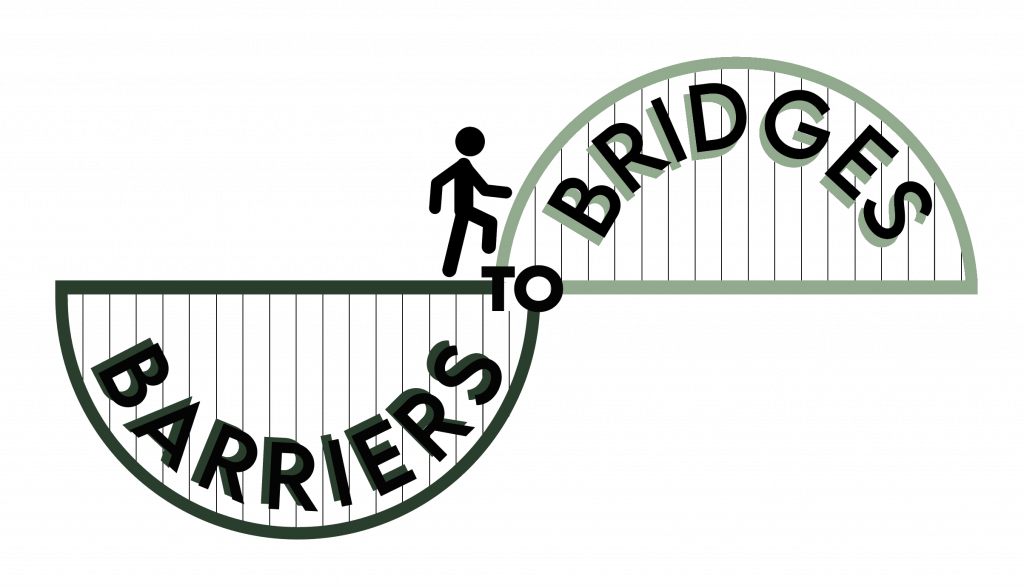by Heather Djunga
The call came just after 9am on 28 March last year. If there was a ‘threshold’ to a new beginning, this was it – though on this unassuming morning, I was still unaware I was about to experience one of the most significant shifts in my life. It was my son, Christian. He had been in an accident. He and his friend had been playing with a metal golf club, when he accidentally swung the club into my son’s face, with such force he had been knocked to his knees.
The traffic on the way to the clinic where Chris was, did not move fast enough and I held onto the steering wheel with trembling hands, every muscle in my body on high alert. ‘Just get there’ was my focus. I would walk across the traffic if I had to to reach my son.
At the clinic, I found my son sitting on a chair in the waiting room. He sat looking so small, holding a blood-covered towel to his bleeding mouth. Four teeth, including two adult teeth, were cleanly knocked out. He was hit with such force, three of the teeth had come out at their roots. One tooth had broken and pieces of it were left embedded in Chris’ gums.
They suspected his jaw might have also been fractured so he had to go into theatre for surgery. This would be his first time in surgery and he was terrified.

Drawing by Christian Djunga
We’d been through different trials together – a succession of challenges which had cemented our bond, but this was different. For the first time in my experience as a mom, I felt completely vulnerable.
It was as though an invisible enemy had dealt my son a full-force blow. How could we be the same? Our ‘safe bubble’ had been popped.
For a long time, Chris could not talk about what happened without becoming tearful. As a mom, I became scared of the boyish play so typical at my son’s age. He was invited to a children’s amusement park party, and all I could imagine was metal swings, heavy machinery and the possible threat of these to my son’s physical safety.
It felt as though barriers of fear separated us from enjoying many activities we so easily embraced before.
Registered counsellor Nicole Young explained that trauma could be debilitating in different ways. She said the impact of traumatic event is largely determined by the landscape of one’s life at the time of the trauma. “If you have a relatively stress-free life, where you feel in control, a trauma response will generally last approximately one to four weeks, with each week becoming more manageable,” she explained. “However, if you are under a large amount of stress, your trauma response will be heightened and symptoms may persist beyond the initial four weeks. You may find yourself living in a trauma response.”
She explained in this fight/flight response, one’s sympathetic nervous system was highly activated, causing high blood pressure, a high pulse rate, and digestive issues.
Young explained different physiological issues caused by trauma include: teeth grinding; reflux, due to stress; headaches and digestion issues. “Trauma also impacts on emotions causing anger outbursts, sadness, fear and mental blockages, such as brain fog, difficulty concentrating and intrusive or racing thoughts.”
Mine and Chris’ avoiding of certain situations and our intrusive thoughts related to the traumatic incident, were ‘normal’ responses to what had happened. Still, these deep emotions and fears had to be confronted and healing initiated, so that these barriers could be transformed into bridges.
The children’s party invitation to the theme park was a turning point for both of us. I knew I had to deal with what had happened and help my son do the same.
He needed to learn to express the emotions and fears he had bottled up following the incident, and one of the ways we did this was through music.
I also took what I knew best from my own experiences of healing. One of the ways I have healed through past hurts has been through music and composing music to sound out my feelings. So one day I sat Chris down at the piano, and asked him to play what was inside him.
His eyes filled with tears as he played a few notes – softly and poignantly. There in the notes hung the tender places of his heart.
Young explained music had helped people throughout history heal from trauma, even those who lived through the Second World War. “Music creates a sense of calm in the brain. It is a form of mindfulness, bringing you into the here and now, and pulling you away from intrusive thoughts.”
She said even the sounds of waves could create delta waves in the brain, helping to calm the part of the brain that codes trauma.
Music is one of the ways Chris has healed. Soccer is another. The tackling, teamwork, and action have been healing for him. I have watched him grow as a player and as a person.
The other day he said to me: “This thing that happened with my teeth Mom – it’s made me more confident”.
When Chris smiles, it is with his wide smile again. For now, there is a big gap in his teeth and even though we are still waiting for the enamel ‘tooth crown’ for each of the adult teeth which he lost, he now wears his own invisible crown – that of an overcomer.
Most people going through traumatic events, while having temporary difficulty coping and adjusting, usually get better. However, Young points out trauma can cause long-term difficulties in day-to-day functioning and a mental health condition called Post-Traumatic Stress Disorder (PTSD).
As with Chris, with the right intervention, trauma can be overcome and life once again embraced – this time with greater zeal and resilience.
© 2023
